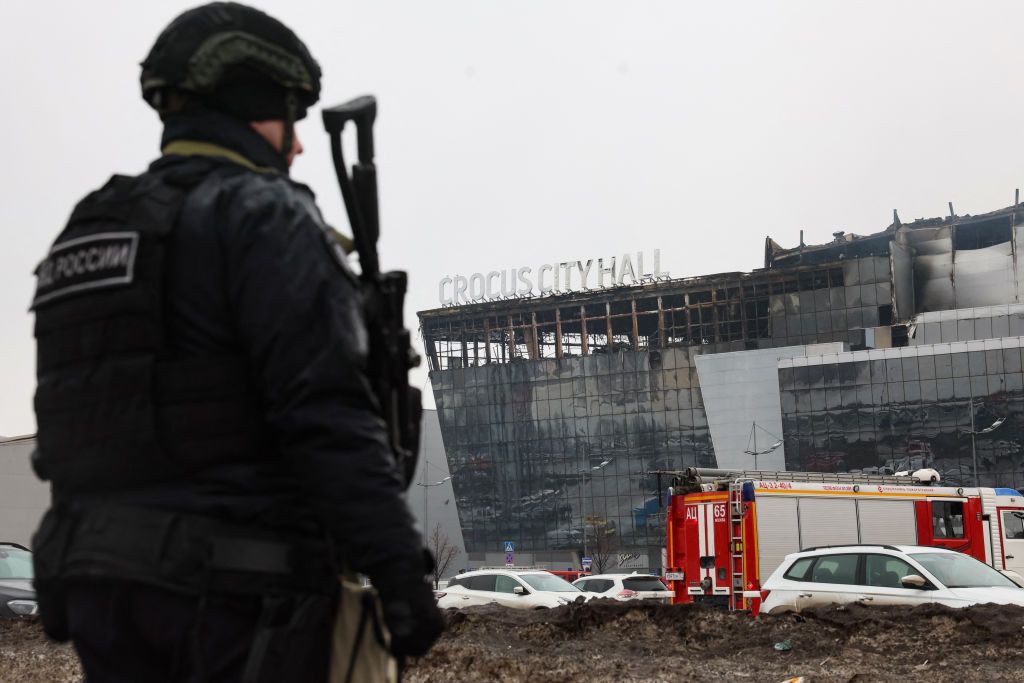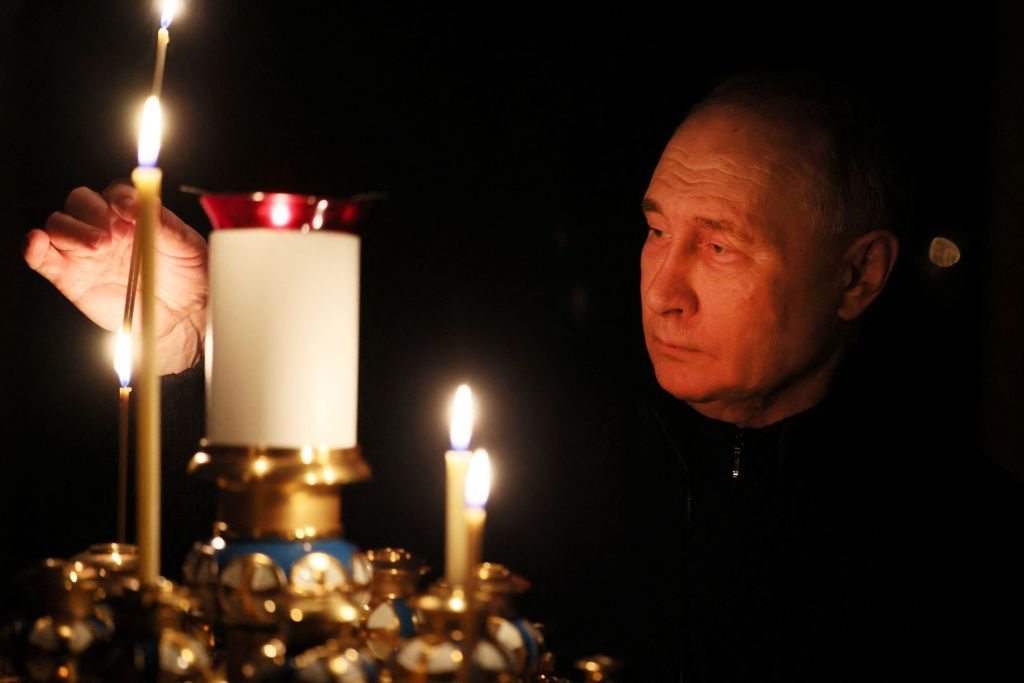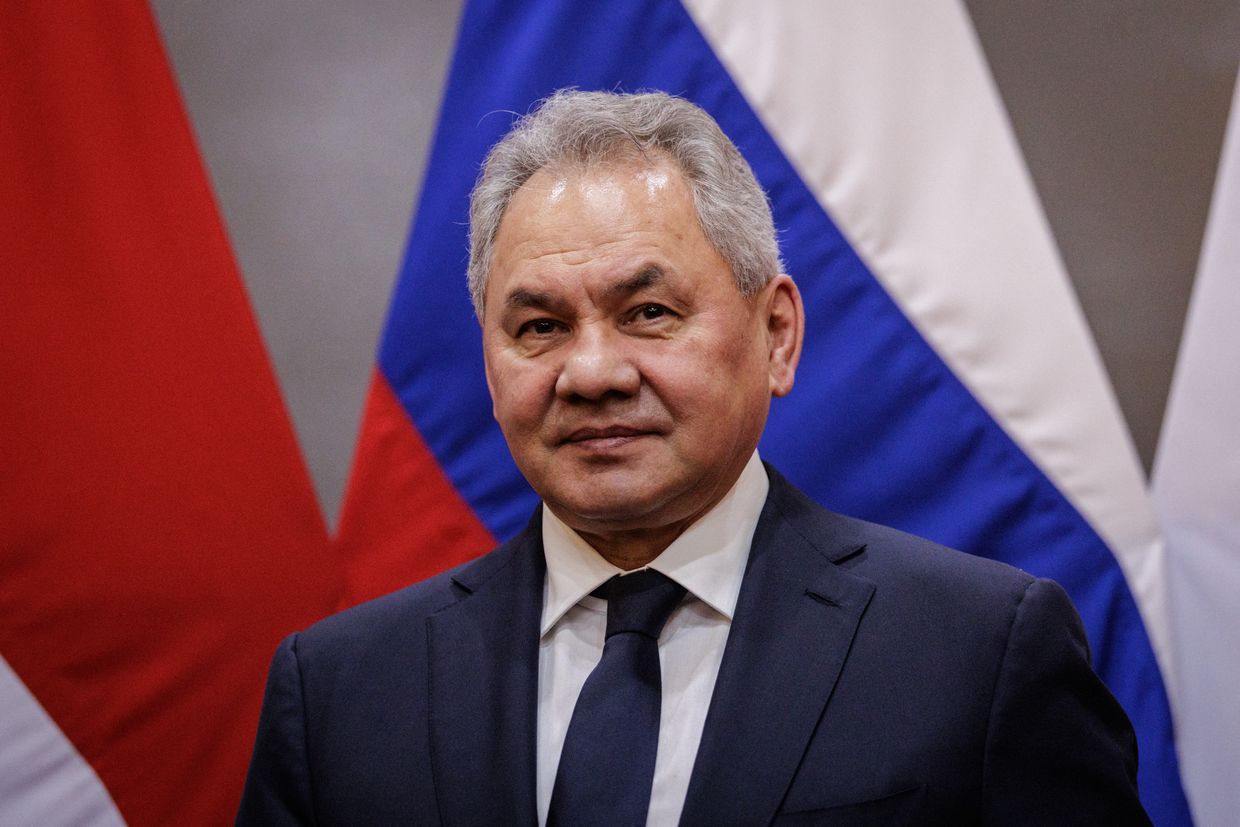George Simion, leader of Romania's far-right AUR party, who won the first round of the presidential election with nearly 40% of the vote, reiterated that if elected, he would oppose any further assistance to Ukraine and shift Romania’s focus inward.
Russian President Vladimir Putin and Chinese President Xi Jinping hailed their countries' relationship on May 8, vowing to increase cooperation in all areas, including military ties.
"There is Turkey, which maintains channels of communication. And then, above all, there is the People's Republic of China, which, more than anyone else, has the means to make (Russian President Vladimir) Putin come to the negotiating table and soften his demands," Polish Foreign Minister Radoslaw Sikorski said on May 8.
The United States will be ready to "walk away" from the negotiating table if it does not see Russia making progress in negotiation to end the war, U.S. Vice President JD Vance told Fox News on May 8.
Slovak Prime Minister Robert Fico arrived in Moscow on May 9 to celebrate Victory Day, commemorating the 80th anniversary of the defeat of Nazi Germany in World War II.
US President Donald Trump on May 8 called for a "30-day unconditional ceasefire" between Ukraine and Russia. Writing on Truth Social, Trump expressed his hope for "an acceptable ceasefire," with both countries "held accountable for respecting the sanctity of... direct negotiations."
President Volodymyr Zelensky had a "constructive" phone call with United States President Donald Trump on May 8, discussing the war, continued pressure on Russia, and a potential ceasefire.
The survey, conducted between April 24 and May 4, shows that 56.9% of respondents would not be willing to compromise on either territorial integrity or Ukraine’s pro-Western direction in any potential talks with Moscow.
U.S. Cardinal Robert Prevost was elected the new pope and leader of the Roman Catholic Church on Thursday, taking the name Pope Leo XIV, a senior cardinal announced on May 8 to crowds gathered in St. Peter’s Square, according to Vatican News.
Despite the Kremlin’s announcement of a May 8–11 truce, heavy fighting continued in multiple regions throughout the day.
ISW: Kremlin's blaming of Ukraine for Moscow terrorist attack risks Russian security

The Kremlin appears to have prioritized the strategic value of blaming Ukraine for the March 22 Crocus City Hall attack over potential internal security risks and civilian casualties stemming from its failure to effectively address the terrorist threat within its borders, the Institute for the Study of War (ISW) said in its recent report.
"The Russian claims insisting on Ukrainian involvement forward the Kremlin’s longstanding effort to justify its ongoing full-scale invasion of Ukraine in the long-term by falsely portraying the existence of an independent and sovereign Ukraine as an existential threat to Russia," the ISW said.
Several gunmen opened fire at the Crocus City Hall in Krasnogorsk, a Moscow suburb, on the evening of March 22, killing at least 139 people, according to the latest updates by the Russian authorities. Russian authorities detained four suspects following the Crocus City concert hall attack. They are charged with committing a terrorist act. All of them have been remanded into pre-trial detention until May 22.
The terrorist group Islamic State has claimed responsibility for the mass shooting at the venue.
The ISW believes that the Kremlin and its ultranationalist allies are overlooking the serious threat posed by IS and IS-K activities within Russia. Instead, they prioritize falsely accusing Ukraine to influence public perception. At the same time, Russian leaders maintain access to minority communities potentially vulnerable to recruitment by extremist groups, seeing them as a resource for the ongoing conflict in Ukraine.
On March 24 and 25, a Russian ultranationalist military blogger reaffirmed baseless claims blaming Ukraine for the attack. He echoed other ultranationalist assertions, suggesting that IS and IS-K lack the capability to carry out a significant terrorist attack like the one at the Crocus concert venue. They argue that the IS claim serves as a cover to conceal alleged Ukrainian and Western involvement.
Russian propaganda also asserts that the IS operatives had intended to escape via a prepared 'window' into Ukraine. The conspiracy theory fails to explain why of the 16 nations with which Russia shares a land border, the operatives would chose to escape via the only stretch of border which is an active war zone and heavily fortified and patrolled by Russian military.
On March 25, Russian leader Vladimir Putin attributed the brutal attack at a Moscow concert hall to "radical Islamists." He emphasized that these individuals espouse an ideology that even the Islamic world has historically opposed. At the same time, Putin reiterated his suggestion that Ukraine was responsible for the attack.

Most Popular

After Russia's deadly attack on Kyiv, Vance reposts denunciation of Zelensky

Ukraine, Europe's ceasefire proposal includes US security guarantees, no recognition of Crimea, Reuters reports

Shoigu threatens Europe with nuclear weapons if Russia is faced with 'unfriendly actions'

Journalist Roshchyna's body missing organs after Russian captivity, investigation says

Ukrainian sea drone downs Russian fighter jet in 'world-first' strike, intelligence says
Editors' Picks

How medics of Ukraine’s 3rd Assault Brigade deal with horrors of drone warfare

As Russia trains abducted children for war, Ukraine fights uphill battle to bring them home

'I just hate the Russians' — Kyiv district recovers from drone strike as ceasefire remains elusive



